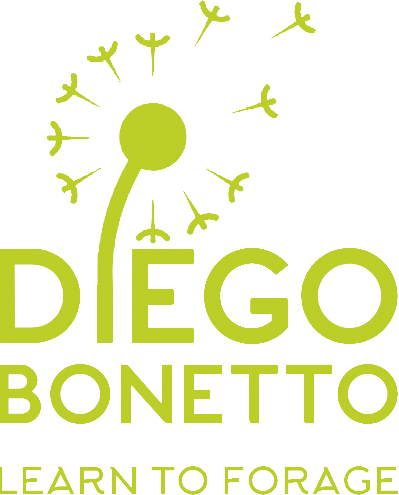'The work that art does'- A review of Kandos School of Cultural Adaptation
ArtLink Magazine just published a feature article by Abigail Moncrieff about KSCA, the small, independent, artist' driven gathering of cultural workers in Regional NSW.
The article tackled the challenge to place the 'doings' of KSCA within an art context: What is that we do? Is it art? What is produced that could be exhibited in art institutions? Why call it art? Read it here>
I loved it because of the questions that it present as much as the attempt to answer them. Nothing is simple, and nothing is only one thing. It is not either/or. It is both and much more.
WHAT is Kandos School of Cultural Adaptation?
KSCA is a gathering of about 15 core, 40-60 taking in the extended network, of writers, contemporary artists, academics, farmers, festival directors, researchers and scientists from all corners of NSW (and some further afield). We gathered around the regional town of Kandos but our work expands from city to country in constant feedback loops. We are joined by the common goal of activating cultural change, create a voice for regional concerns, linking urban goodwill with country realities and vice-versa. Our aim is culture-making, towards resilient, sustainable futures driven by community involvement.
To date, some of the names behind KSCA are: Ian Millis, Laura Fisher, Lucas Ihlein, Leanne Thompson, Kim Williams, Alex Wisser, Imogen Semmler, Vickie Zhang, Sarah Breen Lovett, Manuela Prigioni, Kelly Reifer, Georgie Pollard and more.
Some of the projects we initiated since 2014 are Futureland2 (a three days festival of workshops and talks in the town of Kandos, NSW); Groundswell ( a regenerative farming and cultural visioning festival in Bingara, NSW); An Artists, a Farmer and a Scientist Walk into a bar... ( a two years program of speculative and community-based projects in urban and regional NSW). See the website for more information, videos, links and outcomes.
WHY? What are we trying to achieve?
I speak here for myself but I am confident that many of my colleagues would agree with my position. We are trying our best, with the tools that we have, to work towards an ecologically progressive society, where decision making for the communities rest in the hands of communities, First Nations Knowledge is respected and celebrated, business models revolve around resilience and use of local resources and community disagreements are grounds for fertile communication and growth. We are doing this with the tools that we have. As artists, slowly shifting away from imperatives of the market towards community outcomes. As scientists, boldly proposing partnerships with regenerative farmers and Aboriginal elders. As writers, bravely craft the new narratives that visualise futures we can move towards as an ecologically conscious society.
HOW? How am I working towards these bold goals?
I work with weeds, or rather, the perception of weeds. I work with ecological realities and the construct of useful species. The land is crying out for a stop to the continuous castigation that we colonialists have inflicted on everything since day one. It is never good enough. I work with weeds because it could not be any more apparent the hypocrisy and missed opportunities that live all around us. For the Artist, Farmer and Scientist project I launched a marketplace, deliberate intervention into the economic and supply chains in this country, Wildfood Store. The aim is to reassess plants on the basis of edibility and availability, providing a higher tier of buy-in directly linking farmers with top restaurants in the city. The pilot program provided for two years of supplies and connections, stories and recipes, flavours and possibilities. The project itself eventually succumbed due to the collapse of the hospitality industry during the first wave of COVID, but the lessons learned are valid, the possibilities have been explored, and what has been experienced cannot be undone. More will come.
CONCLUSION. Is it worth it?
Yes, as IPCC said the other day, we are at Code Red for humanity. We need to act, move, drag our industries away from exploitative models into regenerative narratives. Look at your resources and use them towards building resilient communities, emancipating our supply chains from big corporations and dangerous political rhetoric of neglect and denial.
As a society, we need to start living in a system of mutuality with all other species. That is not going to happen by doing what we have been doing for the past 250 years. Change is now. Reach out, connect, act.

